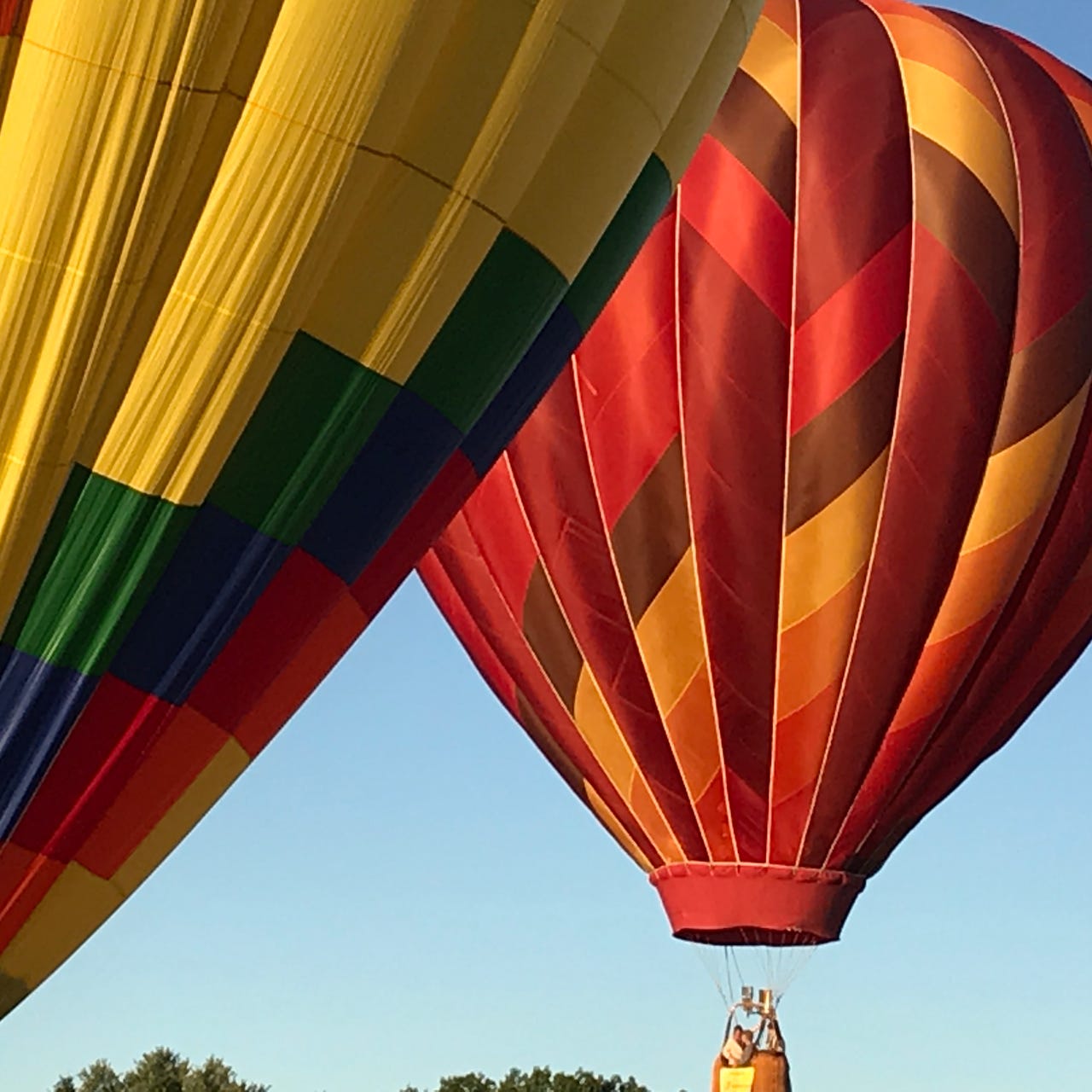I continue to think about children and how they navigate adult reality. Children are proud of learning new skills like how to ride a two-wheeler, do the dead man’s float or make green out of blue and yellow. But they are not yet aware of all the learning that goes on unannounced on an ordinary Wednesday afternoon. It’s an irony of life that even though learning is more or less all they do once they’ve found their toes, much of it unfolds in the absence of reflection. They don’t know that they’re learning. Maybe that’s the definition of bliss. They don’t know when they’re expanding their capacity for kindness or generosity because they don’t yet know that these are also learned ways of being that insinuate themselves unnoticed into the everyday and benefit from practice. For the fortunate among us, this learning continues to enrich us as we age, making of the end of life a giant classroom dense with chalk dust, library paste and the sweet breath of gratitude.
Lately, I’ve become increasingly aware of lessons learned and even the specific people who are volunteering to teach me. Last shabbes, my fifteen-year old grandson came for dinner. He seemed delighted when I brought out his great-great-great grandmother Rose’s silver candlesticks, carried across the ocean on the steamer from Hamburg dripping with the wax that I never get around to cleaning off. I asked him to light the candles but while he was still trying to negotiate the kitchen matches, I started to say the brucha, the Friday night candlelighting prayer. That’s when I saw a faint expression cross his face. It was barely discernible. He wasn’t being critical or disdainful. He was just noticing that I said the prayer before the candles were lit. In a traditional household, nothing, no action or alteration of the physical world takes place once shabbes has arrived and the prayer has been said. I know that but I always forget because I’m clumsy with all forms of ritual practice, the Jewish ones and the Buddhist ones alike. I’m so preoccupied with my own interiority that I tend to lose track of the how-to, the hands-on. What amazed me was that he didn’t point out my error. He didn’t hold me to account for my lack of Jewish savvy. He was respectful of my intent. From this, at the age of 79, I learned how to light shabbes candles and how to treat other people.
I’m thinking about how I know when someone is teaching me something, but also how I know that I’m teaching something to someone else. If someone asks me for help editing a letter, I can see that I’m teaching that person how to explain themselves in prose that conveys the meaning they’re looking for. But if I’m unaware that someone is observing me and learning something in that observation how does that work? Do I need to know that some of the time I’m the teacher or is it all part of the give and take, the currency of human interaction that is constantly exchanged and will ultimately be passed along or paid forward to someone else?
The idea of currency struck me after I noticed a five dollar bill and a single on my bedside table, six of the seven dollars I needed to buy a challah from the woman up the street who bakes every Friday. I looked down at the money and discovered that it was beautiful…the elaborate engraving, the familiar faces of George and Abe, the texture of the rag content. I felt a deep affection for that money, not for what it could buy but for the fact that it had passed through the hands of so many other people, attaching itself fleetingly to loaves of bread and glasses of wine and chocolate bars. Cash is legal tender, a real medium of exchange. Even my grandson, a contemporary person who respects technology, disdains the idea of venmo. I want to feel the money in my hands, he says. You don’t get that from plastic. Plastic only belongs to you until you become the victim of identity theft. Then it’s nothing but a source of anguish and rage and self-recrimination. Why indeed did I hang my purse on the back of the chair in the restaurant in Berkeley? There’s a reason why cash is called liquid. It flows from you to someone else. You pay it forward along with your love and your art and your wisdom, the passing shadow of who you are during your brief time here and the aftertaste of what you have learned in the curriculum of aging and loss.
***************************************************************************************************
Many Voices will appear on the last Sunday of each month and will feature contributions from the community of paid subscribers. In September, poet and visual artist Rosemary Starace will join me for Part 3 of our inquiry into How Art Heals: Remembering Wholeness. All subscribers are now welcome to read and comment on Many Voices posts.
Please consider upgrading to a paid subscription to support seventysomething, have access to the archives, and become a contributor to Many Voices. Your ideas are always welcome.
*************************************************************************************************************
Copies of my 2019 essay collection, Twilight Time: Aging in Amazement, are available directly from me (signed) or from Amazon or your local bookseller.






" It’s an irony of life that even though learning is more or less all they do once they’ve found their toes, much of it unfolds in the absence of reflection. " That one sentence stopped me cold (among others) and took my thoughts in an unexpected direction. You are telling stories not preaching.
This beautiful, thoughtful writing teaches me more about the gift of slow and contemplative reading. Thank you dear friend.